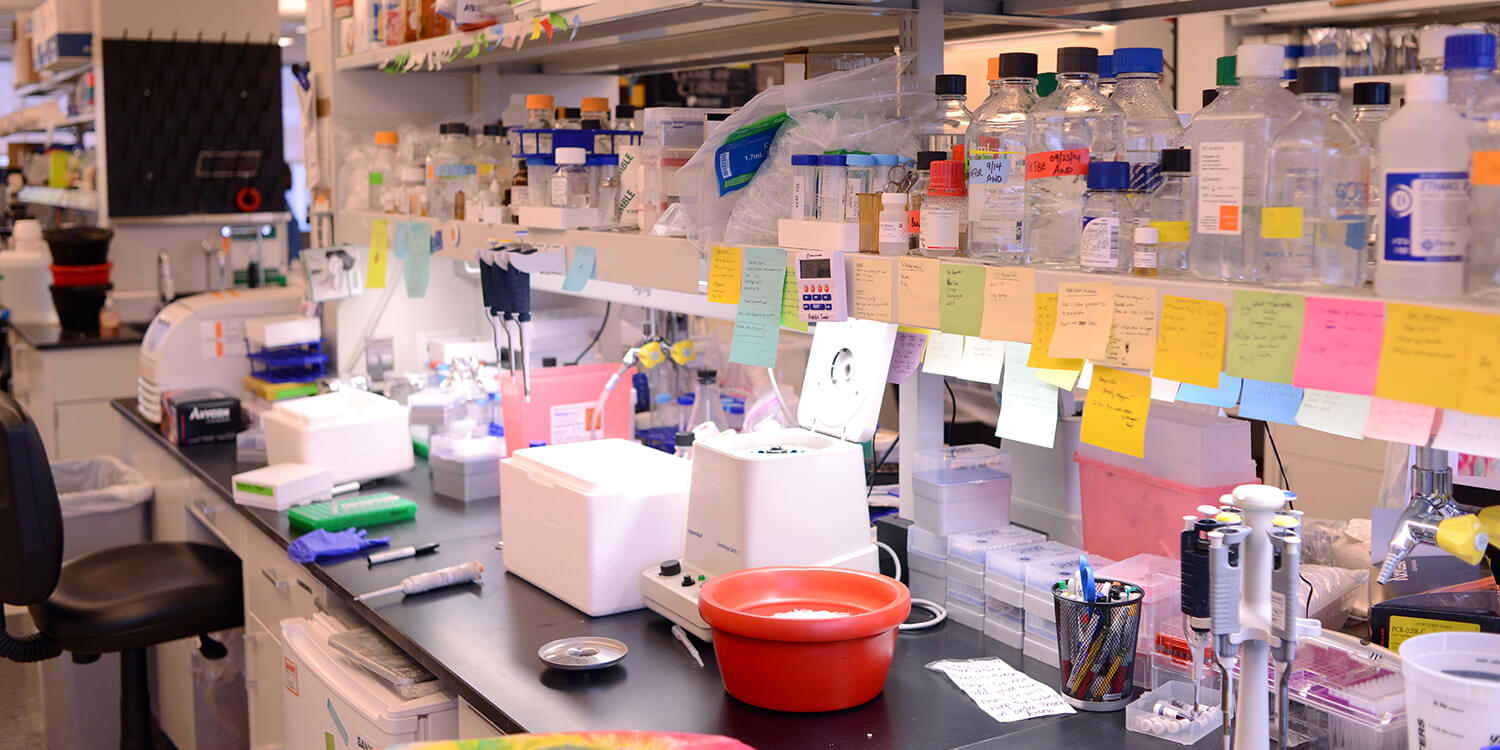Taking care of your pets’ health, diagnostic exams is a top priority. Pet diagnostic labs detect hidden conditions for our beloved pets.
In the following discussion, we’ll explore the value of veterinary testing and review common procedures.
Understanding Veterinary Labs for Pets
Pet testing facilities perform diagnostic evaluations to support animal care. They use advanced technology to offer precise information.

Primary functions of veterinary labs include:
- Early detection of illnesses: Prevents conditions from escalating.
- Regular health assessments: Supports long-term health strategies.
- Evaluating care plans: Ensures therapies are working.
Common Veterinary Tests for Dogs and Cats
Animal diagnostic facilities specialize in diverse diagnostics to evaluate pet health. Common diagnostics include:
- Complete blood counts (CBC): Identify underlying diseases.
- Bladder health evaluations: Monitor hydration levels.
- Intestinal health exams: Ensure proper gut function.
- Allergen identification: Improve coat health.
- Radiographic testing: Examine bones and joints.
laboratorio de analises veterinarias
The Benefits of Regular Veterinary Testing
Regular veterinary testing provides peace of mind. By identifying potential problems early, vets can create effective treatment plans.

Other advantages include:
- Maximized years with your pet: Providing ongoing support helps pets maintain their vitality.
- Avoiding expensive emergencies: Addressing small problems early saves resources down the road.
- Strengthened bond with your pet: Stay informed about their health.
Why Testing is Key for Dogs and Cats
Pet diagnostic labs provide vital support to vets in protecting your furry friend’s health. By making diagnostics a priority, you ensure they receive the care they need.
Schedule a diagnostic test today to keep your pets thriving!